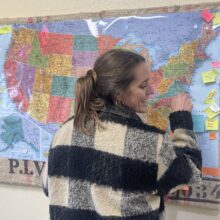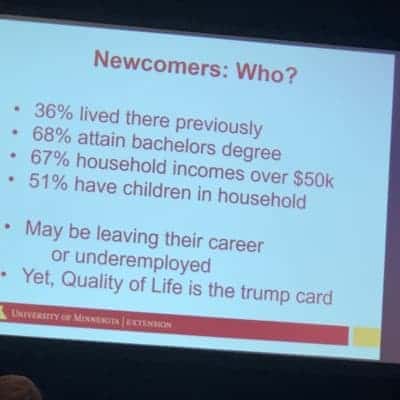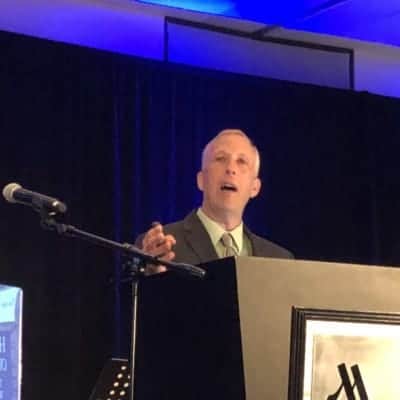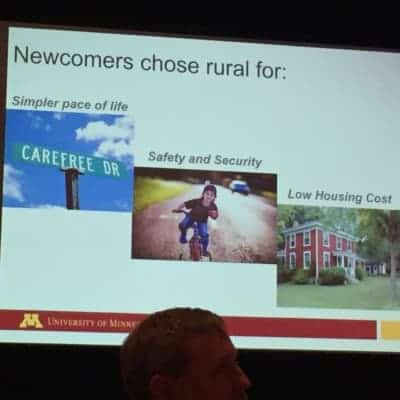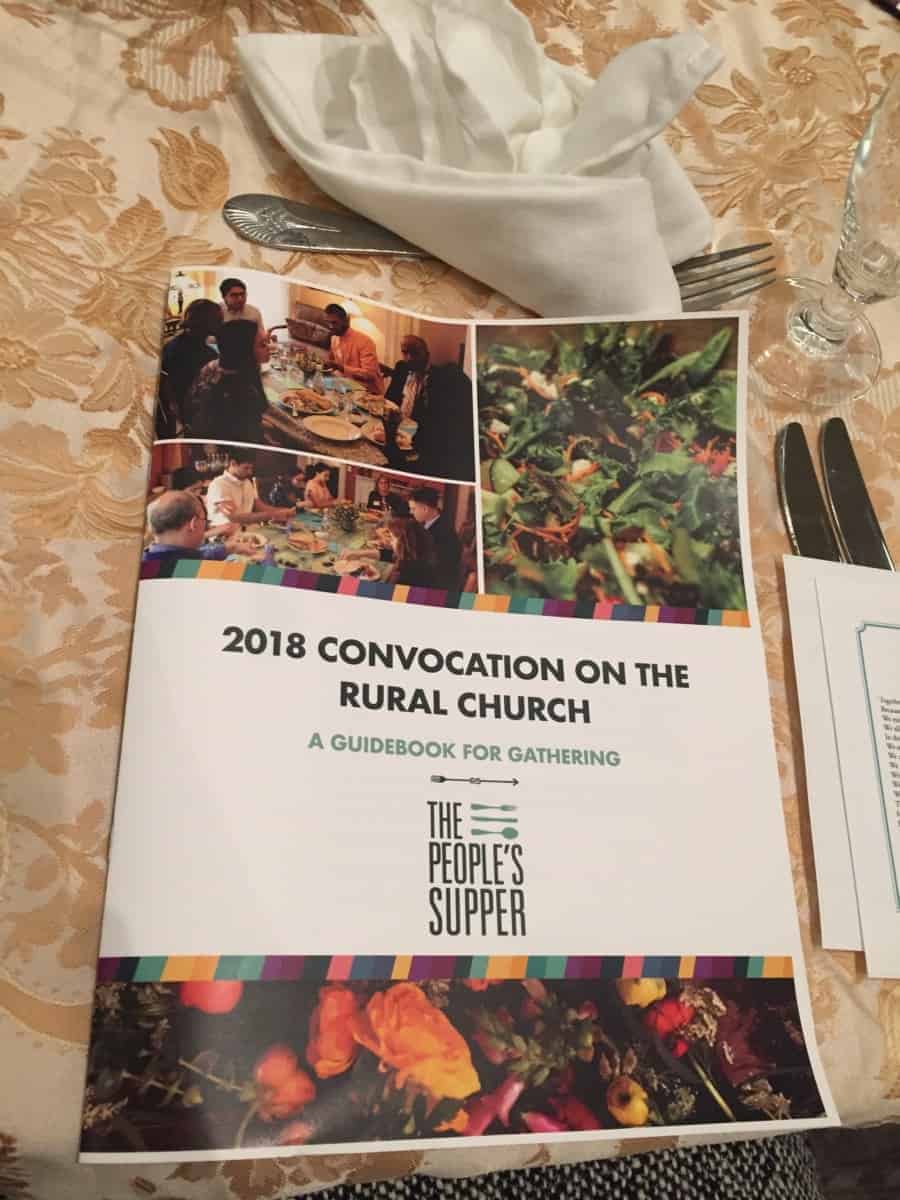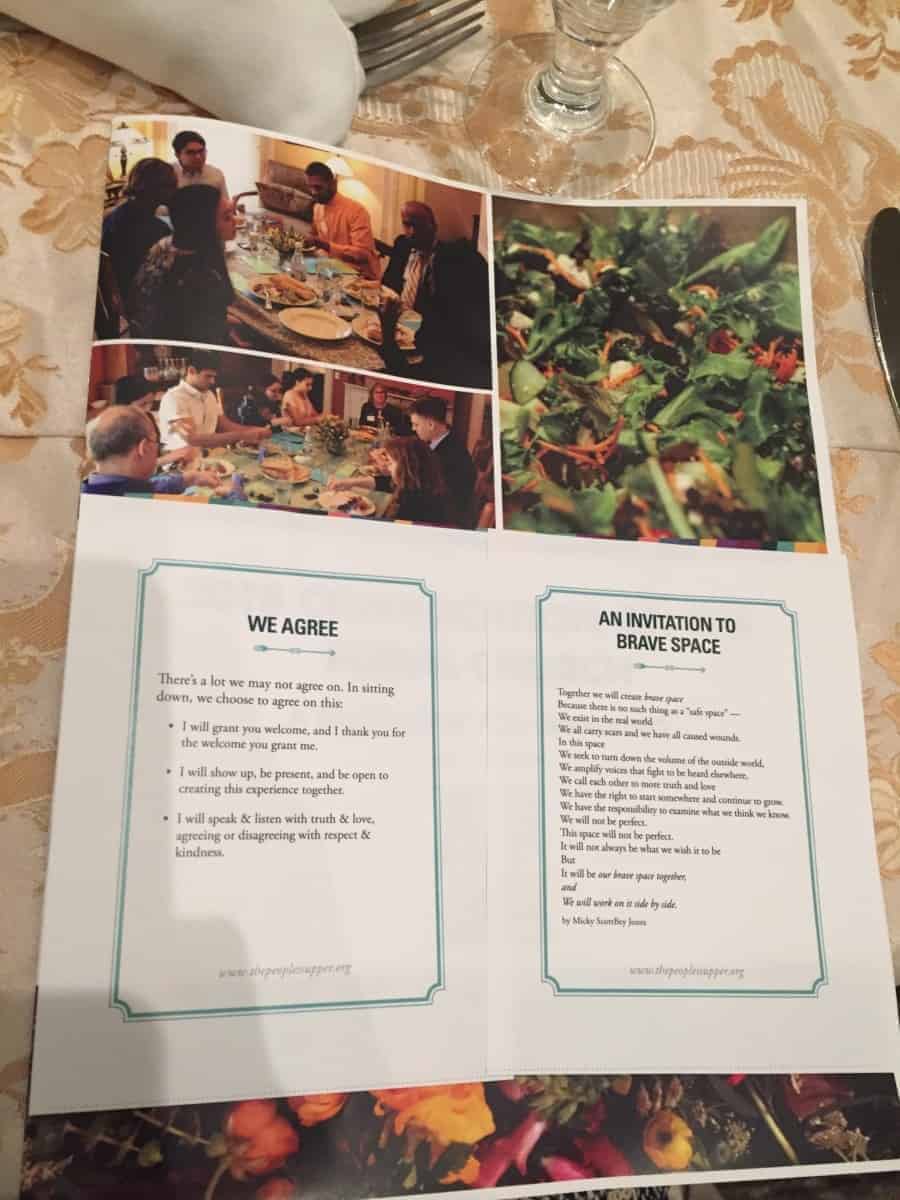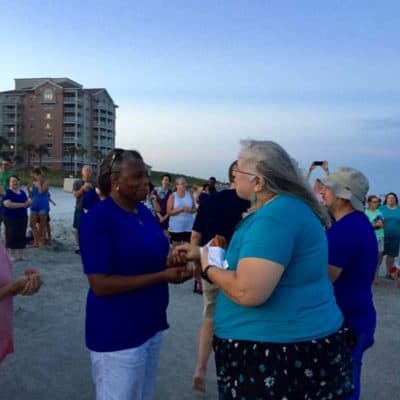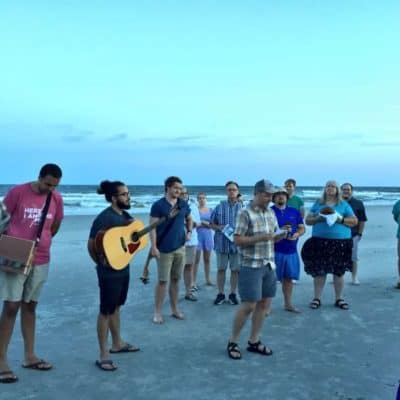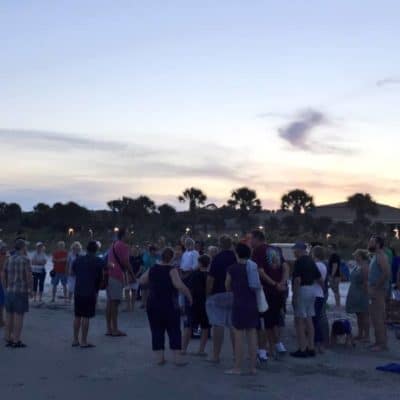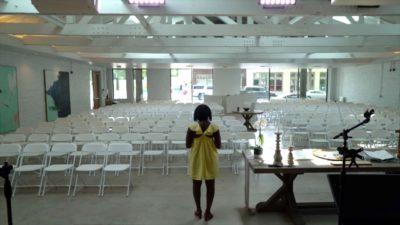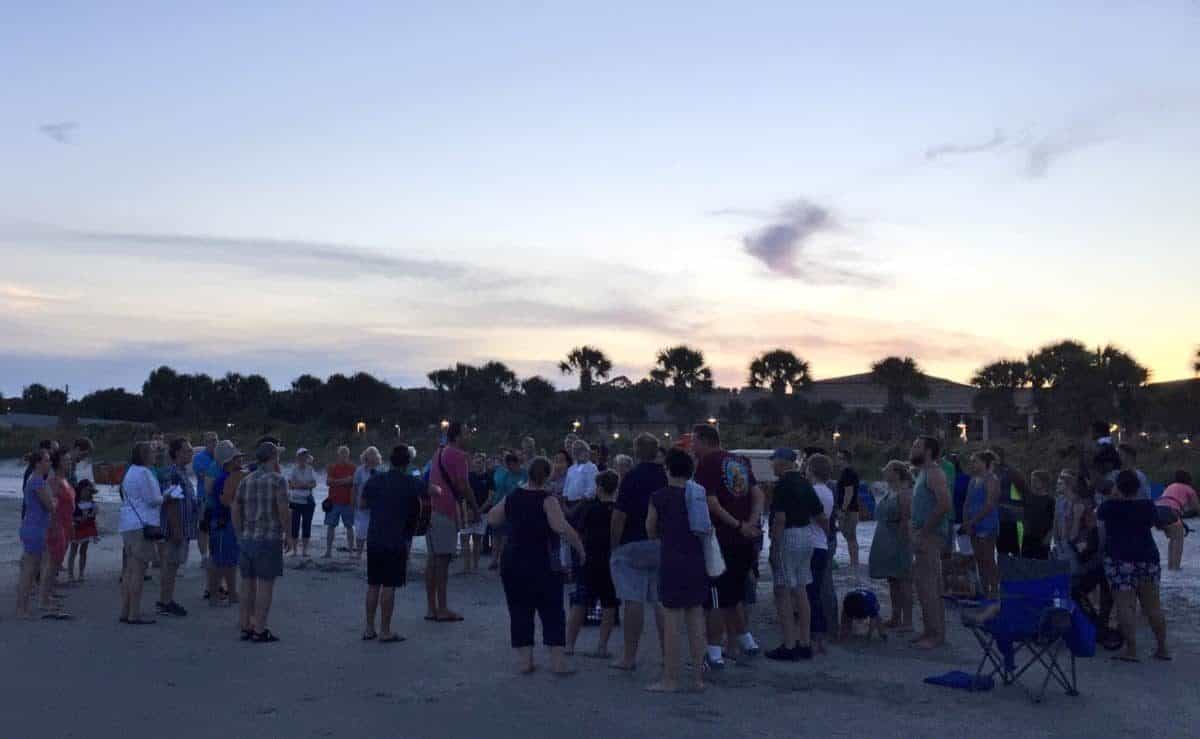
Last week, EducationNC attended the 2018 Convocation on the Rural Church hosted by Duke Divinity School and The Duke Endowment. Speakers from across the country came to converse, well, on conversation. Workshop titles included phrases such as “storytelling and stewardship,” “active listening,” and “civil conversation.” Attendees listened to Ben Winchester, senior research fellow at the University of Minnesota Extension Center for Community Vitality, talk about the rural brain gain and how “the narrative about rural is being written about us, but not by us.”
Exploring the idea of radical hospitality, Reverend Jen Bailey of the Faith Matters Network spoke about developing an appreciation for the value of otherness.
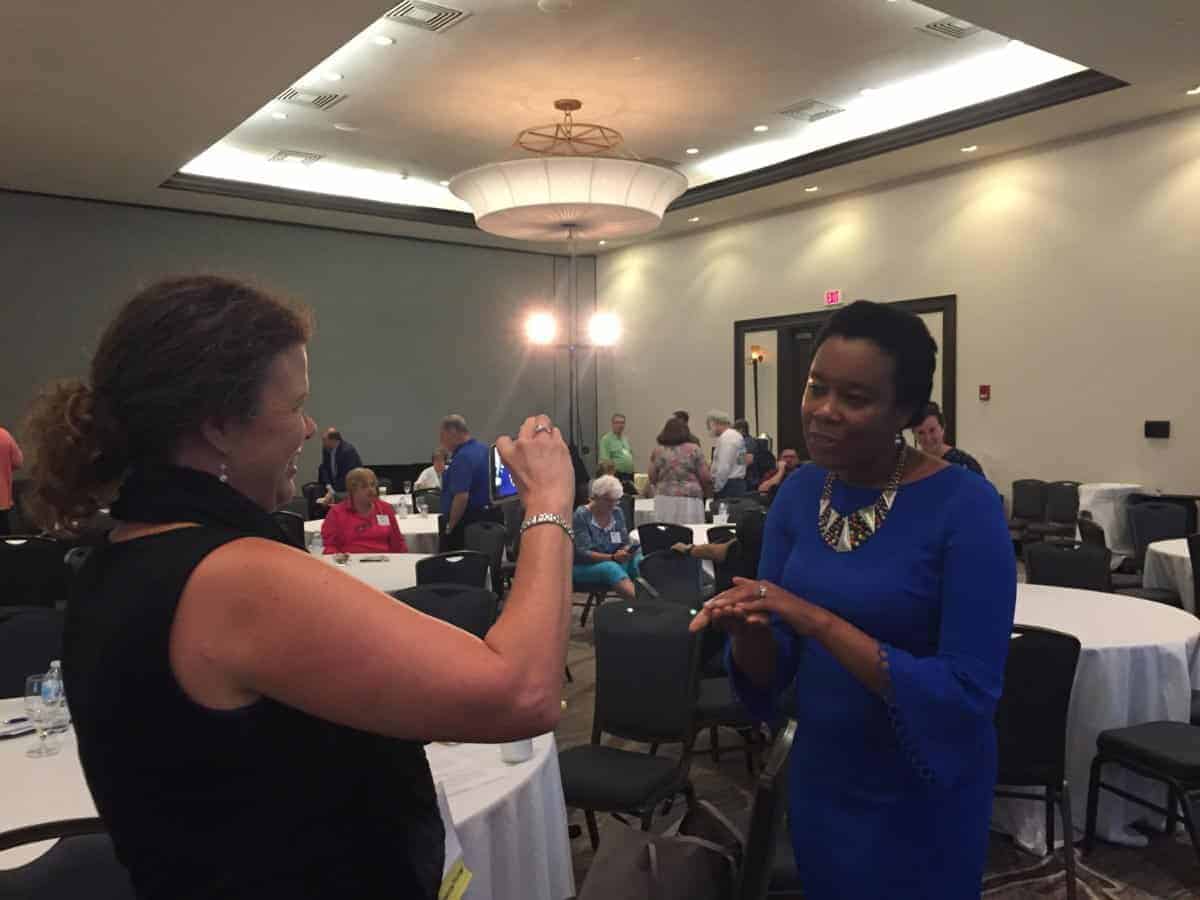
“We can’t help but be in this all together. It may be easier to choose to live in an echo chamber, but collective liberation requires seeing the God presence in all.” – Jen Bailey
Bailey asked that we “dig deep into other peoples’ stories.” Openness and vulnerability can be hard, but for rural communities being welcome is one of the best ways to thrive. Bailey believes “we should strive to create brave space instead of safe space,” and that “social change moves at the speed of relationships.”
Rev. Jen Bailey: “It’s only in recognizing our radical differences that we can be stretched and realize the promise of what America can be.” #2018ruralconvocation pic.twitter.com/AzcSsx9xMs
— The Duke Endowment (@DukeEndowment) August 7, 2018
After spending the morning with Reverend Bailey and other speakers, the convocation moved into the ‘brave space’ with a People’s Supper. The People’s Supper seeks to generate honest conversation and expand spaces for more ‘welcomes.’
At the supper, folks gathered around a table and began the meal by taking a pledge. The pledge was an ‘invitation to brave space’ and served as a statement setting the tone, and the table, for open dialogue. In unison, the crowd said:
“We seek to turn down the volume of the outside world. We amplify voices that fight to be heard elsewhere. We call each other to more truth and love.”
The goal of the pledge was to get diners to be present and shed any predispositions before the meal began. After initial ‘hellos’ and ‘what church are you from?,’ the table leader asked the question, “Can you describe a moment where you’ve been made to feel unwelcome?”
Ministers opened up about wearing the right things to sermons and how members of the church tend to use the words ‘we’ and ‘them.’ Many of the moments shared reflected themes from Winchester’s speech about newcomers in the new rural America from the first day of convocation. As dessert was served, the table leader asked everyone to make an action statement for going forward.
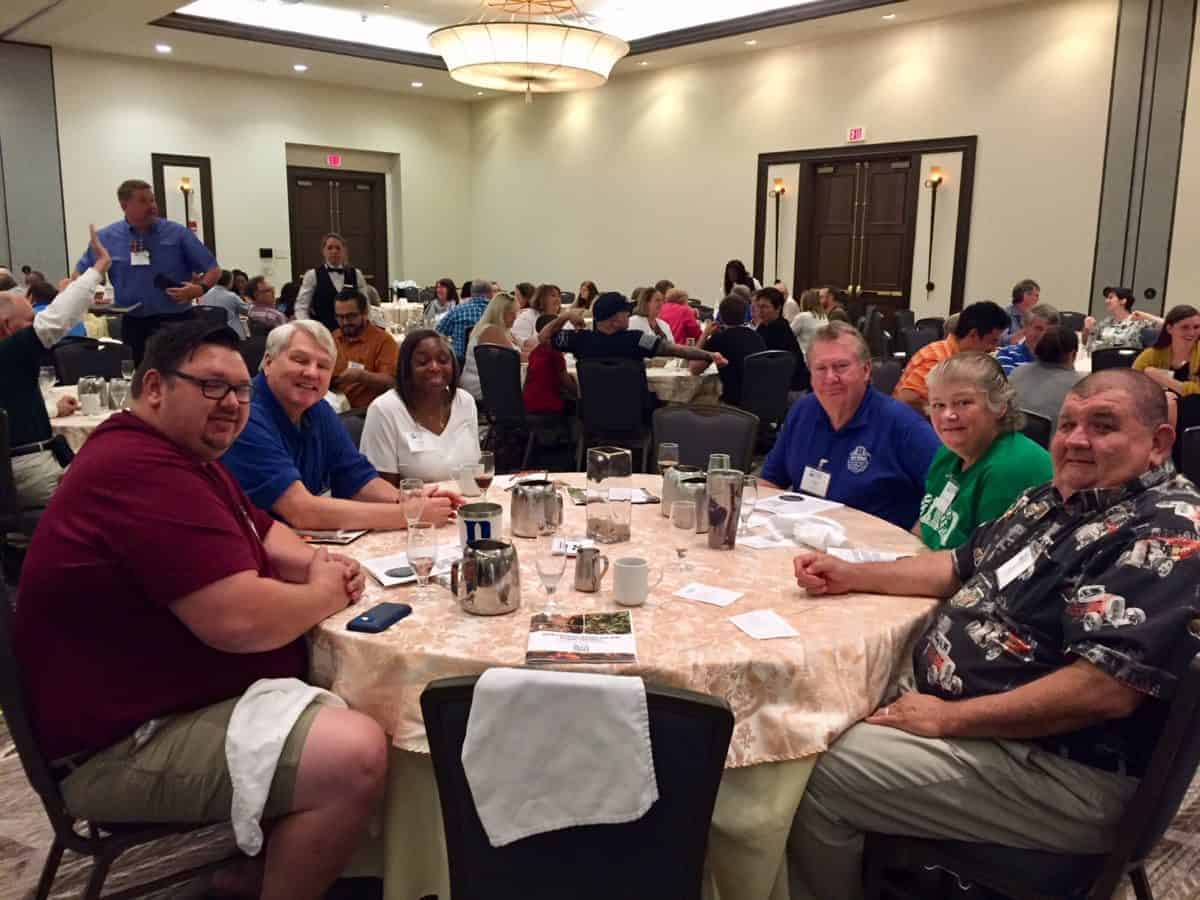
The day closed with evening communion on the beach. Anyone, convocation attendee or sunset walker, was welcome to participate. From singing “This Little Light of Mine” to breaking bread, everyone joined in a special moment together watching the sun fade along the coast.
On the last day of the convocation, attendees broke into workshops to discuss racial divides, communication, cultural humility, pastor derailment, and more. Eddie Gonzalez of On Being led a discussion on how to have better conversations. Settling in and setting intention, an attendee asked, “What does working together look like?” Each table delved into the thick of finding common ground in opposing views.
“If we walk into a conversation thinking this is a battlefield, then we are setting ourselves up to have winners and losers,”words from the workshop with @EddieGonzalezJr of @onbeing. @DukeEndowment #2018ruralconvocation pic.twitter.com/SI2wkX6JGg
— EdNC_Rural (@EdNC_Rural) August 8, 2018
What is the Civil Conversations Project from @onbeing? “It involves vulnerability and a willingness to be surprised.” @DukeEndowment @EddieGonzalezJr #2018ruralconvocation pic.twitter.com/uXKOXHVNv8
— EdNC_Rural (@EdNC_Rural) August 8, 2018
Once the workshops ended, a final worship began. Reverend Angela Pleasants challenged attendees to look at their prayer lists and make sure they were asking for the right things. The convocation asked attendees to look within themselves and answer the question, “Am I embracing the power of welcome and being open to others?”
EducationNC will continue to look for stories found at the intersections of faith and education. We welcome anyone to follow along on twitter @EdNC_Faith and let us know if there is a program, story, or experience we need to share.
